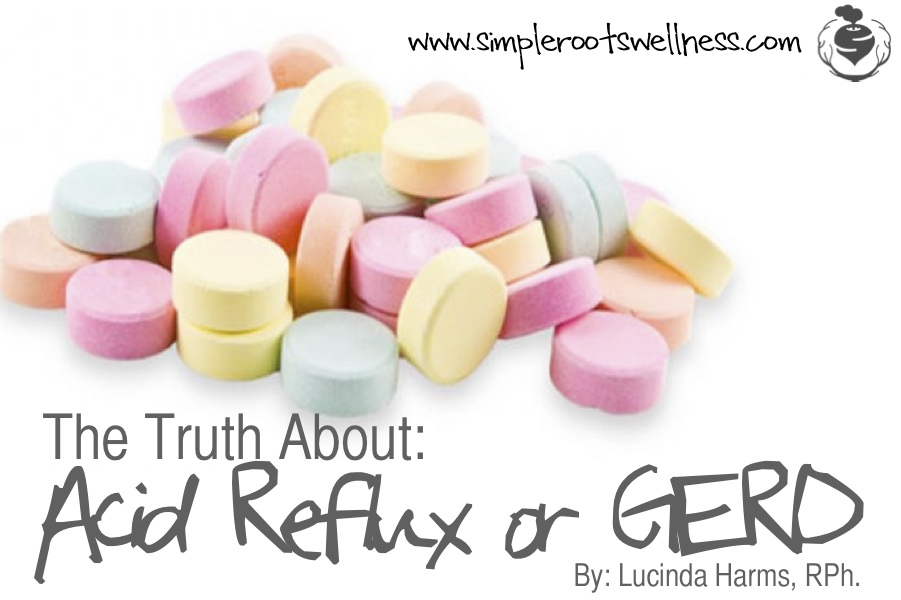I am happy to announce I will be starting Wellness Wednesdays here on the blog. This is where I, or other health professionals will present eye opening and beneficial information to get you on your way to health. Some of you have left some great comments on the blog about information you would like to see. This is where some of those questions are going to get answered. To start with we have a great article written by Lucinda Harms, RPh.
Lucinda Harms, RPh. is the director of Pharmacy at CarePro Compounding and Advance Health. She has many years of pharmacy practice experience in hospital, retail, and home infusion pharmacy. She is a former surveyor for the Pharmacy Compounding Accreditation Board and was faculty at the University of Iowa College of Pharmacy for 14 years. She has developed a practice at CarePro Advance Health over the last 6 years that utilizes diet, lifestyle changes, nutritional supplements and herbs to help maintain health and healing. She has a passion for helping patients meet their individualized needs through good nutrition.
 Approximately 7 million Americans suffer from reflex symptoms (GERD). Some have symptoms weekly. Ugh! Nothing worse, right? We treat GERD as if it was a case of too much stomach acid, when in reality, for 90% of us, it is not enough acid. So using medications that further reduce stomach acid don’t seem to make much sense and may cause serious problems. How can this be?
Approximately 7 million Americans suffer from reflex symptoms (GERD). Some have symptoms weekly. Ugh! Nothing worse, right? We treat GERD as if it was a case of too much stomach acid, when in reality, for 90% of us, it is not enough acid. So using medications that further reduce stomach acid don’t seem to make much sense and may cause serious problems. How can this be?
Stomach acid has 4 major jobs:
- Breaking down proteins in our diet so they can be digested
- Activation of pepsin which is an enzyme necessary for protein digestion
- Signaling the stomach to dump its contents into the small intestine and telling the pancreas to secrete its enzymes
- Inhibiting the growth of bacteria that come in on our food, preventing infection
So how does not enough stomach acid cause reflux?
It may be a case of ‘acid in the wrong place’ rather than too much acid. The esophagus wasn’t designed to withstand contact with acid from the stomach. So when we don’t have enough stomach acid, the food sits in the stomach for too long and ferments instead of digesting and moving on into the small intestine. As the bacteria work on the food in the stomach, it bubbles up like lava into the esophagus and causes symptoms of heartburn.
How to treat Acid Reflux
1. You can start by chewing your food well. It is the first step in digestion and absorption of nutrients. When we don’t chew until our solids are a liquid, we skip this important first step of digestion. I recently heard that we should chew each bite of food 32 times. That’s a lot of chewing. But try it and see how different in consistency your food is when you swallow.
2. You can also avoid some common triggers such as caffeine, alcohol, chocolate, peppermint, citrus fruits, tomatoes and onions. If these foods don’t trigger symptoms, then go ahead and eat them.
3. Don’t eat within several hours of going to bed. Excessive calorie intake has more to do with severity of GERD symptoms and high fat content has more to do with frequency of symptoms. Eat smaller, more frequent meals and stay away from high fat, high calorie meals.
4. Use of a supplement containing digestive enzymes and betaine HCl can help by restoring a more normal environment of digestive enzymes and acidity. It is taken with meals and can significantly decrease symptoms. This is intended to be a short term measure to help get you back on the track of digesting and mobilizing food out of the stomach on your own.
Shutting off stomach acid can contribute to malabsorption of nutrients from food and can eventually lead to infections, bone fractures and overgrowth of bad bacteria. That’s why the medications used to decrease stomach acid have a limit on how long we believe it is safe to use them. But many Americans use these drugs for far longer than is recommended. If you suffer from GERD, you may have some options. Ask us at Advance Health
if you’re interested in exploring some of these.
